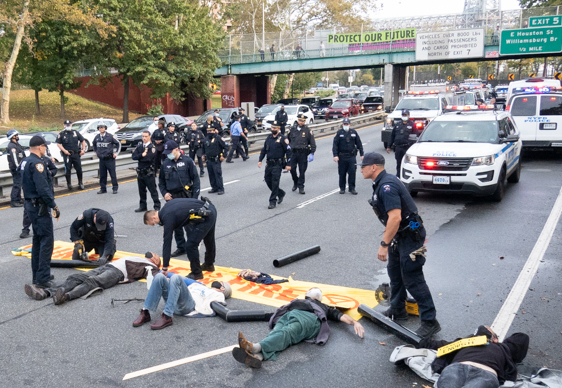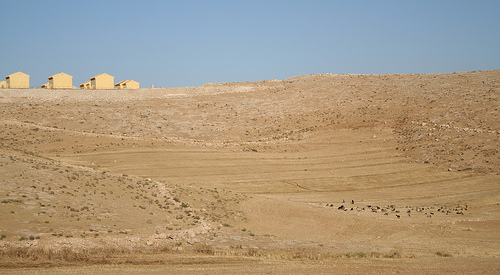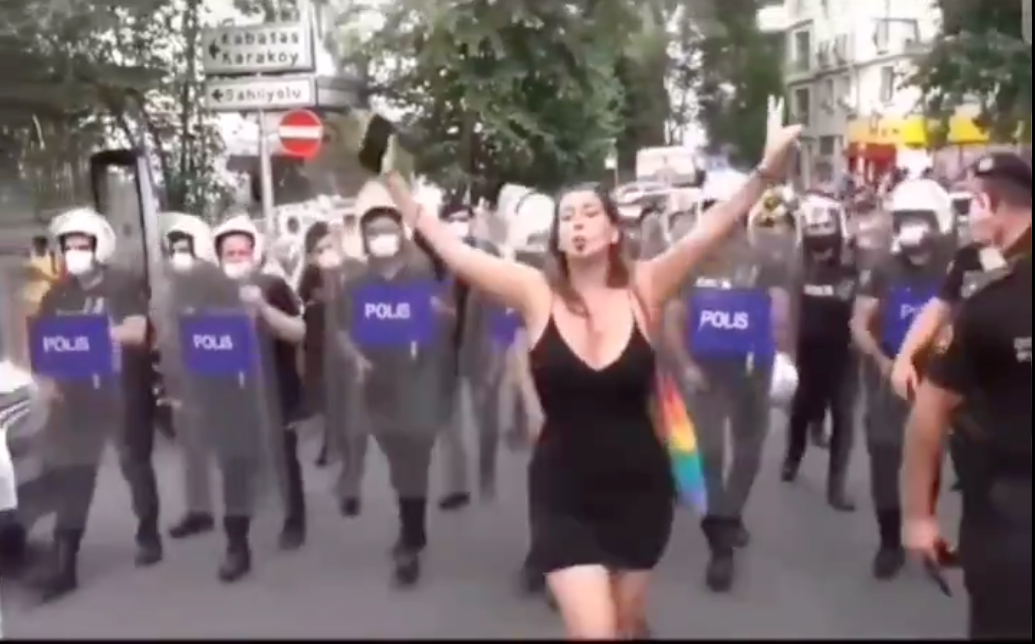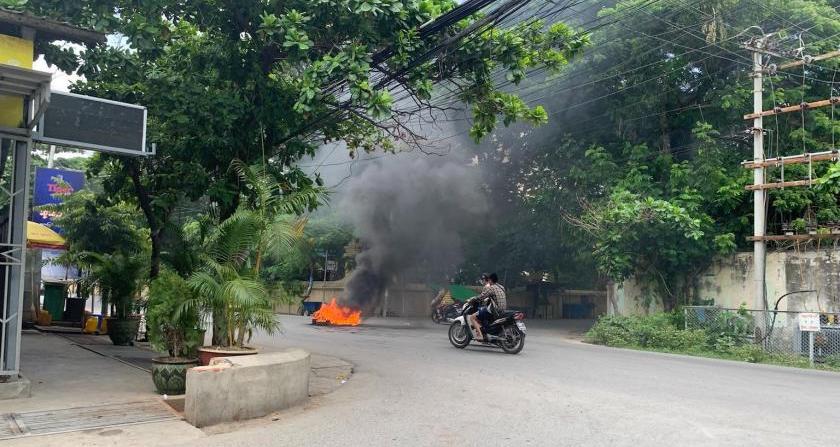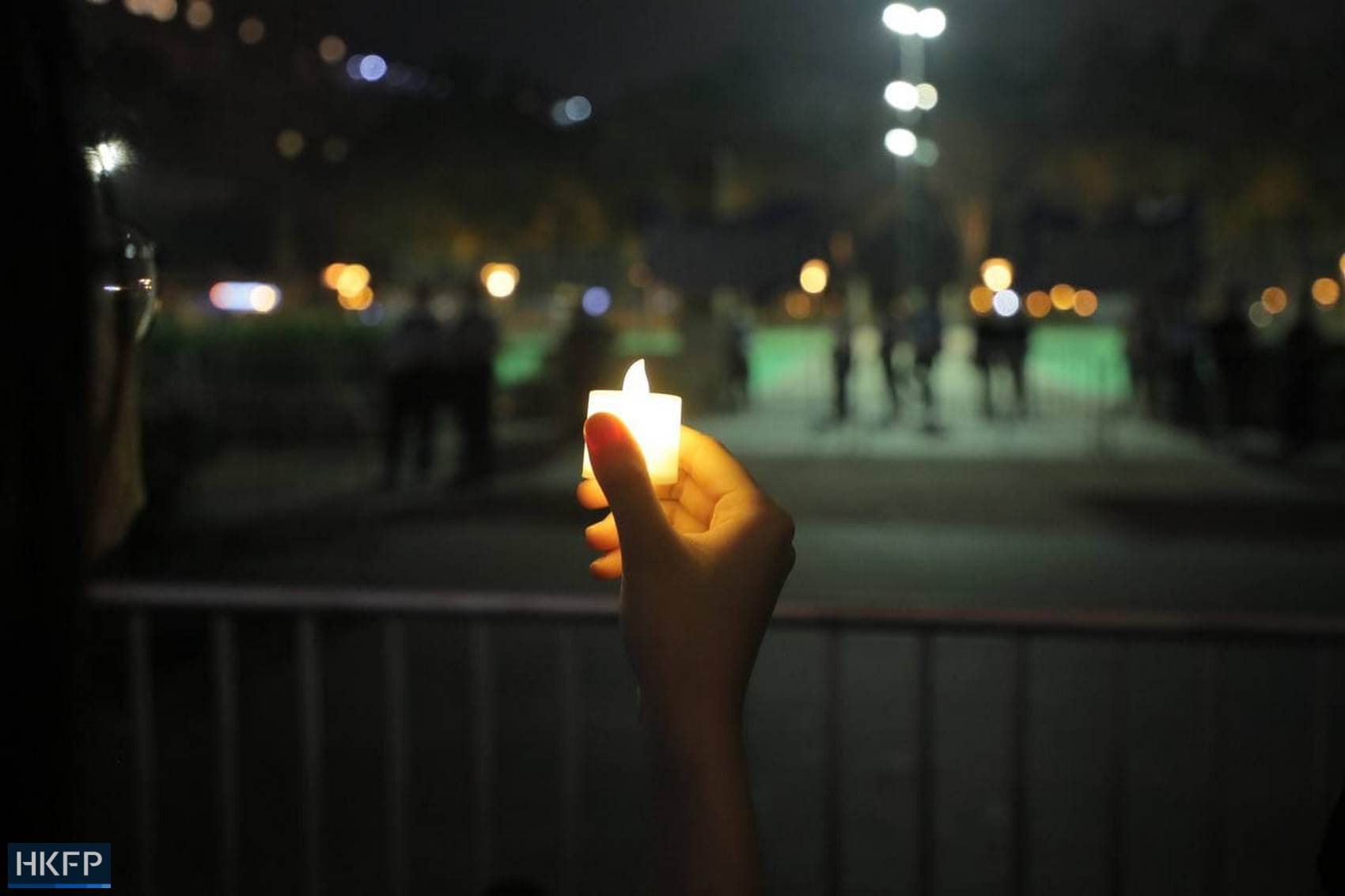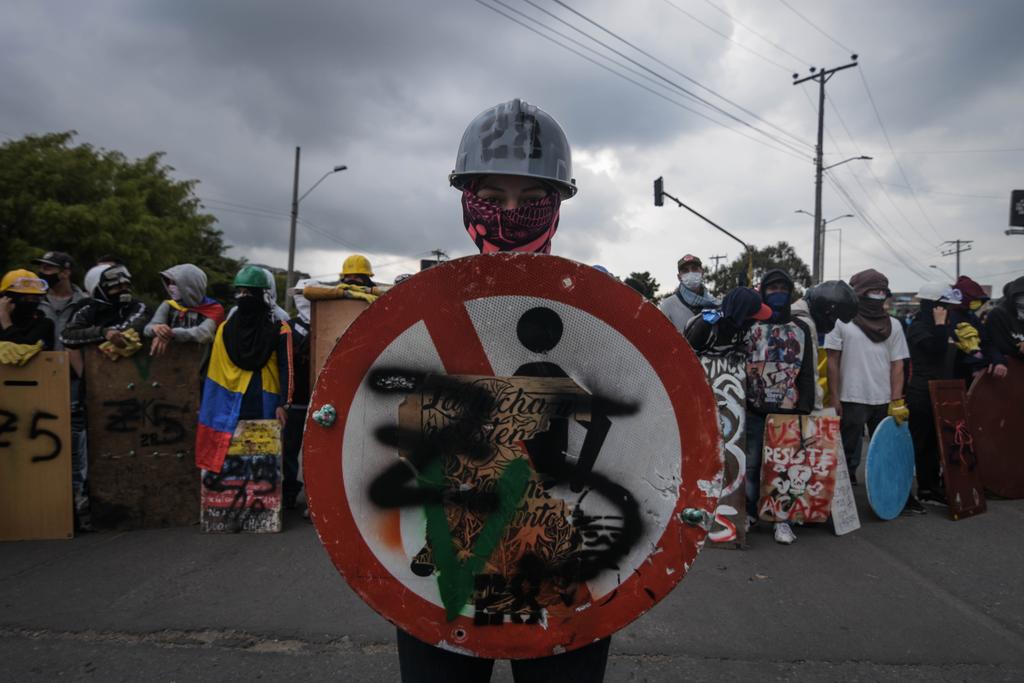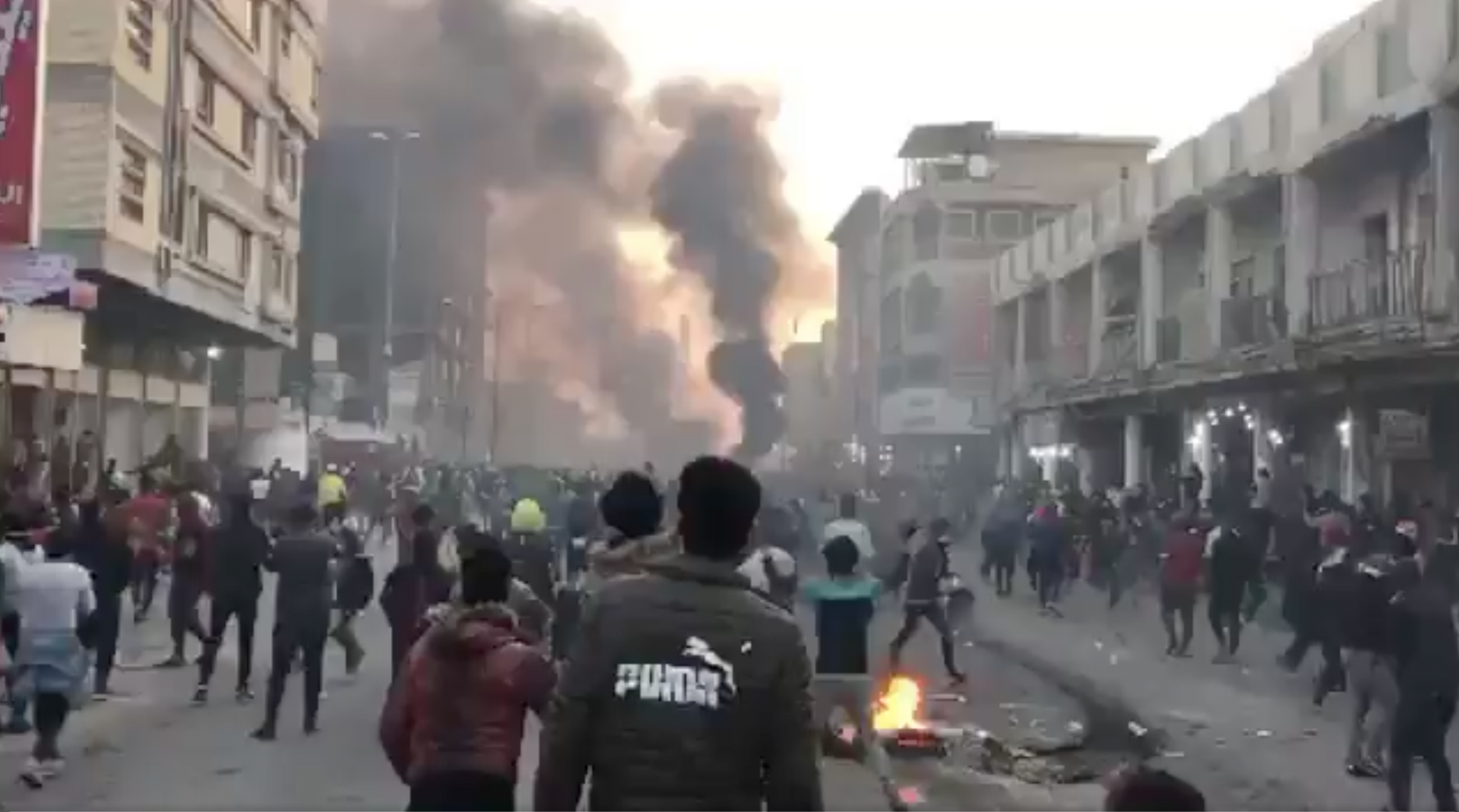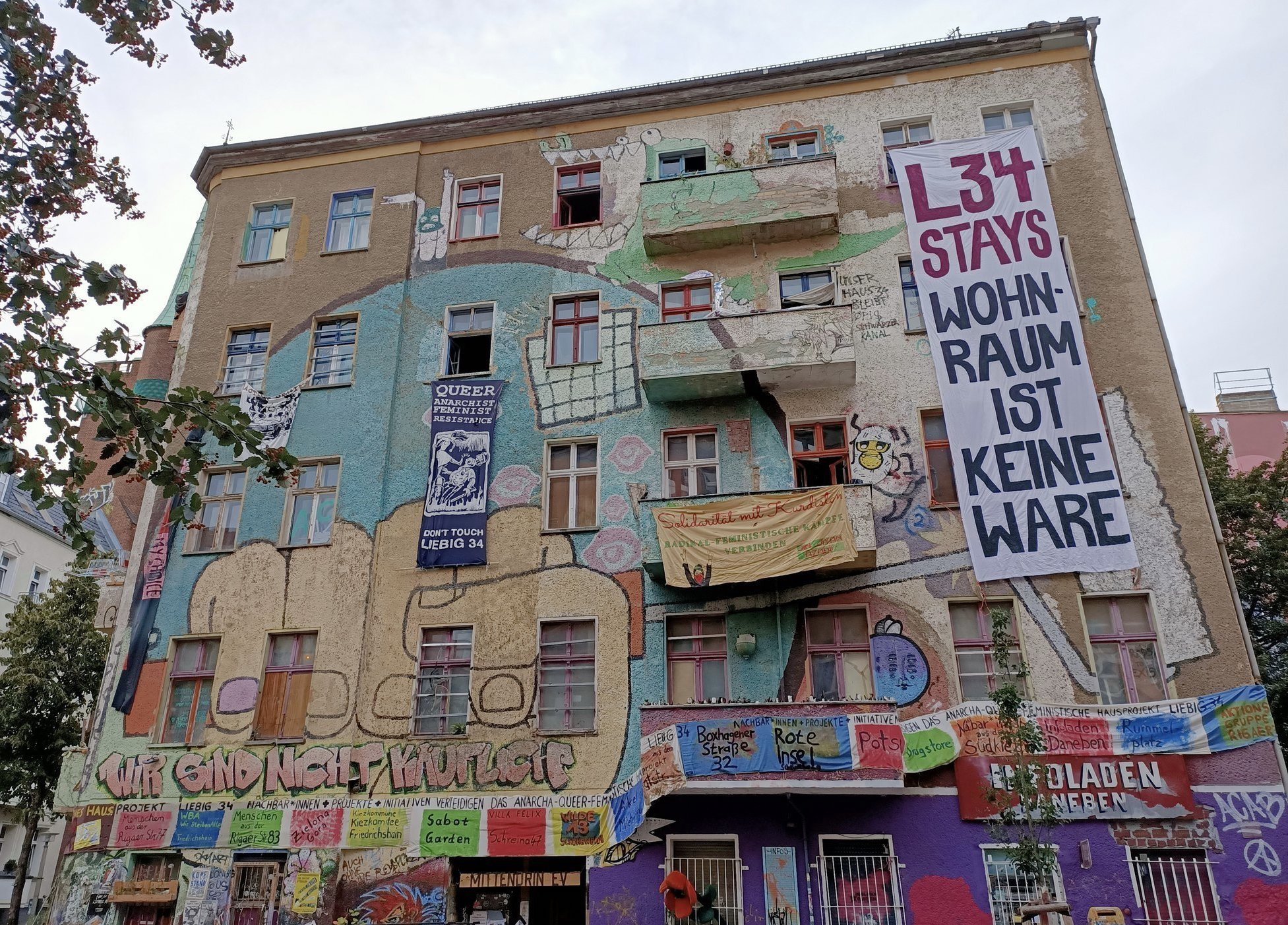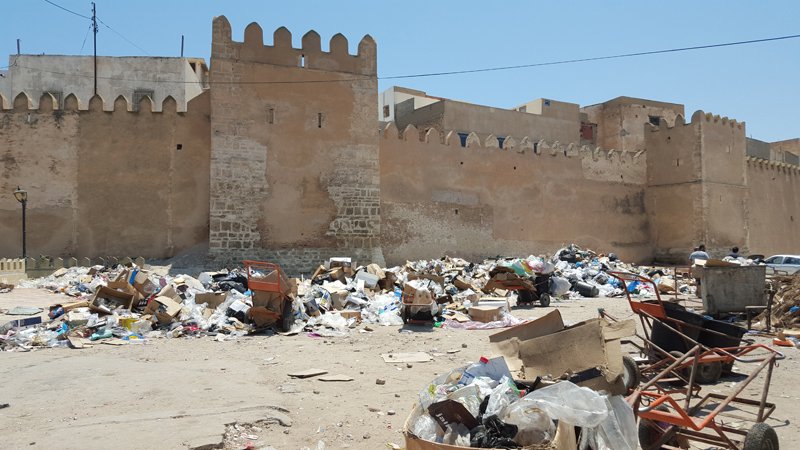
Tunisia: uprising over waste disposal crisis
Anger over a regional garbage crisis in Tunisia exploded into street clashes after a man died following exposure to tear-gas during protests against the reopening of a landfill site. Abderrazek Lacheheb, 35, died in the town of Aguereb in the coastal region of Sfax, punctuating weeks of demonstrations over a growing waste and public health crisis. The powerful UGTT trade union confederation announced a general strike the day after his passing, condemning the “savage intervention by security forces.” (Photo: Leaders.com.tn)



